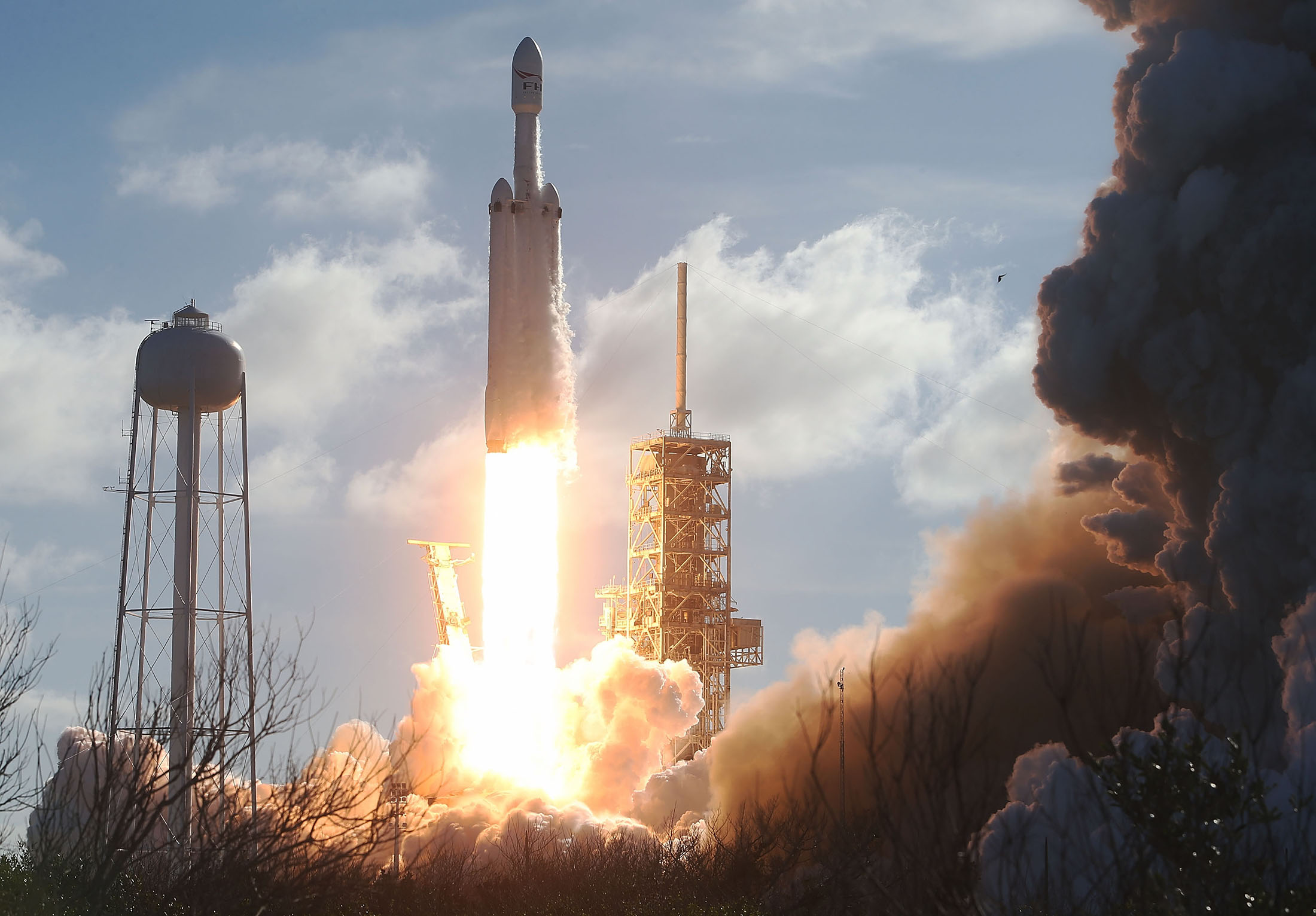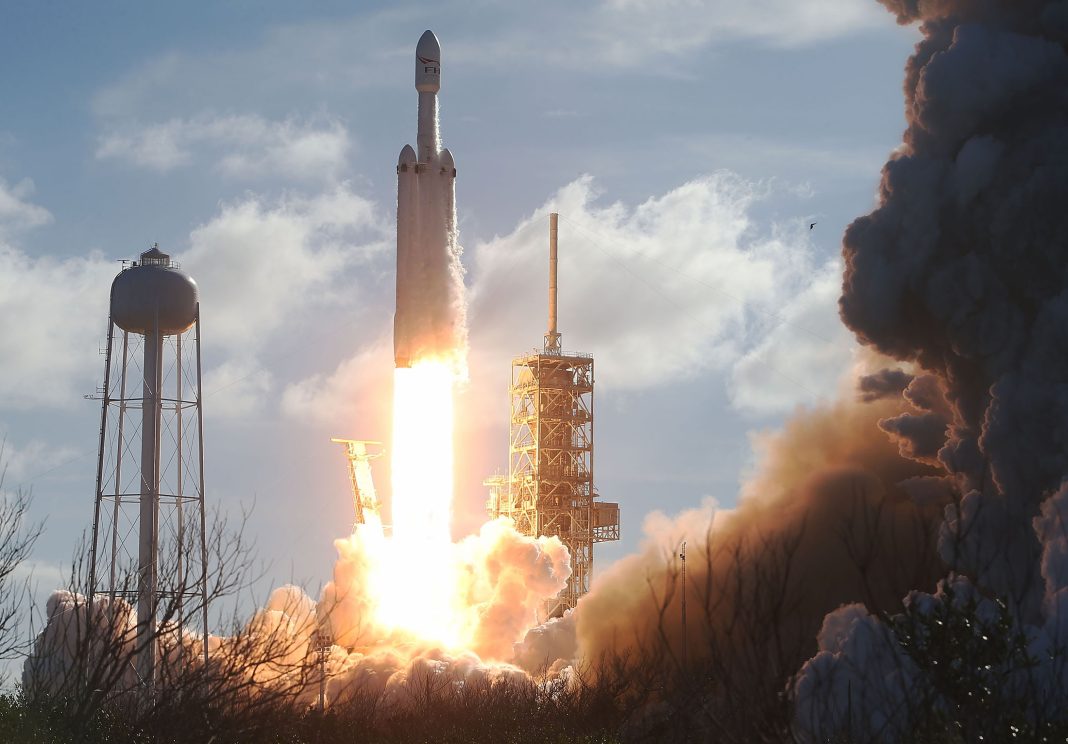 focuses on less complex and lower-cost missions. This approach aims to create a balance between supporting established providers like ULA and SpaceX while also fostering competition and innovation by including newer players like Blue Origin and Northrop Grumman.
focuses on less complex and lower-cost missions. This approach aims to create a balance between supporting established providers like ULA and SpaceX while also fostering competition and innovation by including newer players like Blue Origin and Northrop Grumman.
The inclusion of Blue Origin in the Phase 3 contract awards marks a significant milestone for the company. Founded by Jeff Bezos, Blue Origin has been working towards becoming a major player in the space industry. Winning a spot in the NSSL program gives the company an opportunity to demonstrate its capabilities and compete with other established players.
SpaceX, led by Elon Musk, has already proven itself as a reliable and cost-effective launch provider through its participation in Phase 2 of the NSSL program. With 22 missions worth $2.5 billion under its belt, SpaceX has solidified its position as a leader in the space launch market. The company’s Falcon Heavy rocket has been successfully used for various missions, including launching satellites and sending supplies to the International Space Station.
ULA, the joint venture between Lockheed Martin and Boeing, has also been awarded contracts under the NSSL Phase 3 program. The company has a long history of providing reliable launch services for both government and commercial customers. With 26 missions worth $3.1 billion assigned to ULA during Phase 2, it has demonstrated its ability to meet the military’s needs.
The NSSL Phase 3 program represents a significant opportunity for all three companies to secure lucrative contracts over the next several years. With 90 rocket launch orders expected in total, there is ample room for competition and growth. The split approach of Lane 1 and Lane 2 allows for a diverse range of companies to participate, ensuring a healthy level of competition.
The U.S. military’s approach to buying launches under Phase 3 can be likened to a mutual fund strategy. By diversifying its investments across multiple providers, the military can mitigate risk and ensure that it has access to a variety of launch options. This strategy also encourages competition and innovation by giving newer companies a chance to prove themselves alongside more established players.
Overall, the inclusion of Blue Origin in the NSSL Phase 3 contract awards highlights the company’s growing presence in the space industry. With SpaceX and ULA also securing contracts, the competition for Space Force mission contracts is set to intensify. The next few years will be crucial for these companies as they compete for a share of the lucrative space launch market.


